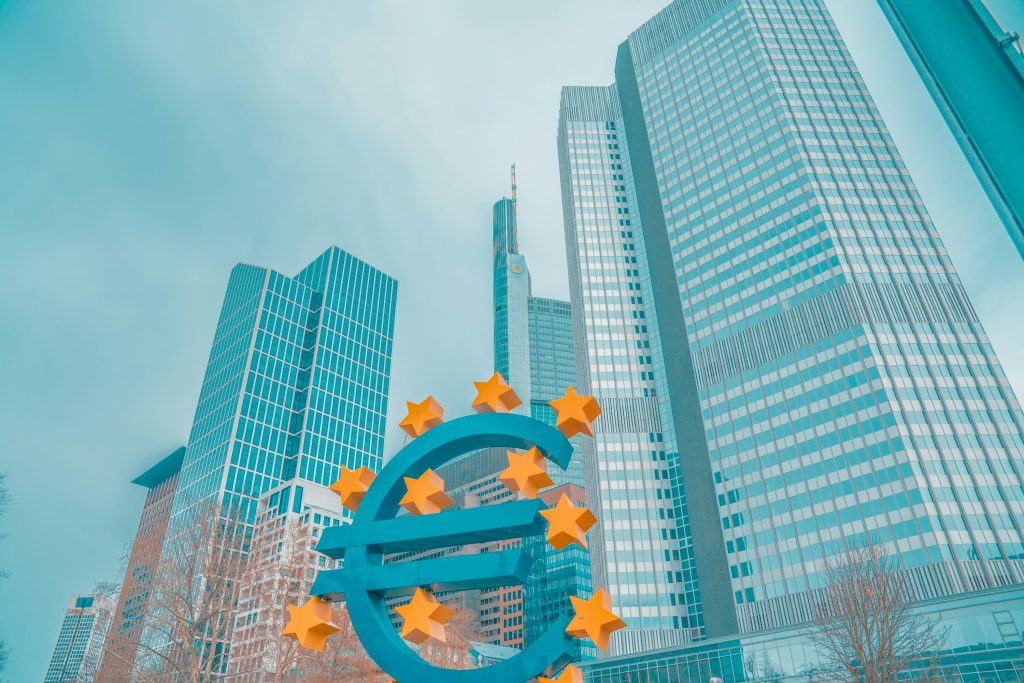[EN] La gouvernance économique de l’UE dans le nouveau scénario géopolitique: un agenda politique

En quelques années seulement, le monde a profondément changé, et ce processus de changement se poursuit, en particulier en ce qui concerne l’Union européenne (UE). La pandémie, l’accélération de la crise climatique, l’invasion russe de l’Ukraine, les menaces d’escalade nucléaire, la crise énergétique, la marginalisation des règles et institutions distinctives du multilatéralisme, le conflit imminent entre les blocs politico-économiques-militaires, l’intensification de la concurrence technologique qui en découle et l’entrée en jeu des intérêts géopolitiques dans la logique du marché, d’autres institutions économiques et la politique économique constituent un ensemble de facteurs qui obligent l’UE à repenser radicalement ses institutions, ses règles et ses stratégies.
Dans cet article, nous nous concentrerons uniquement sur les questions liées à l’évolution de la gouvernance économique de l’UE et au changement nécessaire de son modèle de production de biens et de services, même si nous sommes conscients des interconnexions croissantes entre les variables économiques et géopolitiques.




